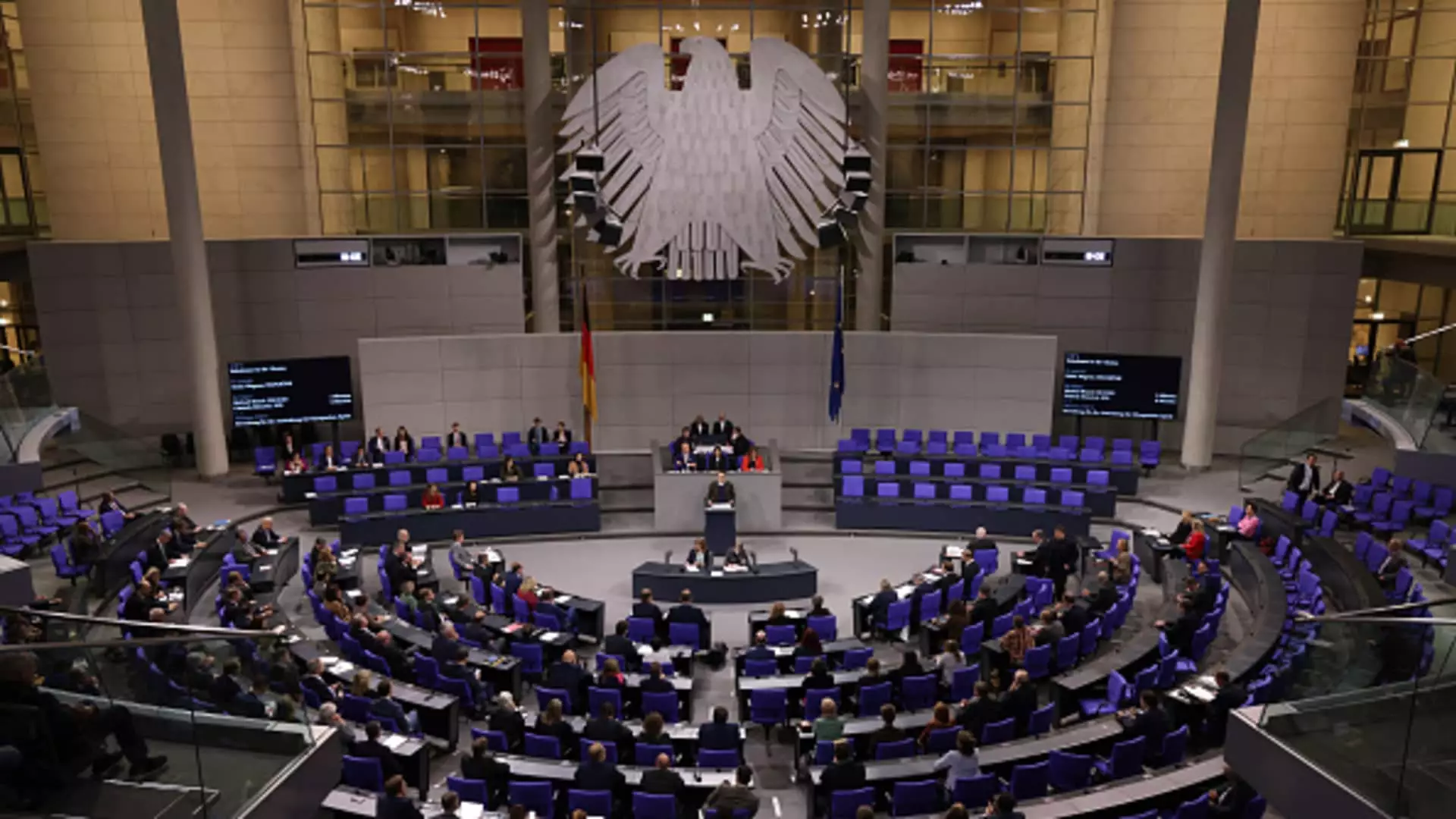The recent decision by President Frank-Walter Steinmeier to dissolve Germany’s lower house of parliament marks a significant juncture in the nation’s political landscape, aiming to address instability following the collapse of Chancellor Olaf Scholz’s coalition government. With snap elections set for February 23, the situation reflects a broader concern regarding governance and the capacity of political structures to adapt under pressure. Steinmeier’s assertion that “stability requires a government capable of acting” emphasizes the urgent need for a responsive administration that can tackle pressing issues. This call for early elections not only seeks to restore governmental functionality but also serves as a reminder of the delicate balance required in parliamentary democracy.
The Role of Democracy in Electoral Campaigning
Steinmeier’s insistence on conducting the upcoming election campaign fairly and transparently highlights a critical concern for democracy in Germany. The rise of external influences on political processes, such as the alleged interference observed in the Romanian elections and the significant role of social media platforms in shaping public opinion, poses serious threats to the integrity of democratic systems. The president’s warning underscores the challenges faced by candidates and political parties in an age where misinformation can spread rapidly, creating a toxic environment for genuine discourse. This climate stresses the importance of vigilance among both candidates and the electorate to ensure that democracy is preserved and that elections are not undermined by external pressures.
The current political landscape in Germany presents a complex picture following Scholz’s loss of a confidence vote due to the withdrawal of critical coalition partners. The premature end of the coalition government has ignited a competitive electoral environment, with the conservative opposition, led by Friedrich Merz, gaining traction amidst public frustration over perceived bureaucratic overreach. Polling data indicates a notable shift, with conservatives enjoying a lead of over ten points against the Social Democrats (SPD). This divergence in public sentiment raises pertinent questions about the prioritization of issues that resonate with voters, particularly the growing demands for economic revitalization and effective governance.
In a fractured political environment where mainstream parties distance themselves from the far-right Alternative for Germany (AfD), navigating a coalition becomes increasingly complex. The potential emergence of shaky alliances could further complicate Germany’s legislative process and diminish the efficacy of governance. As political factions undergo introspection to redefine their approaches ahead of the snap elections, the dialogue surrounding coalition feasibility and electoral strategy will undoubtedly shape the future of German politics.
As Germany braces for a new electoral cycle, the emphasis on responsible governance and fair election practices cannot be overstated. The impending elections provide an opportunity for political entities to reconnect with the electorate and prioritize problem-solving in governance. Steinmeier’s call for action aims not only to reinforce democratic values but also to remind political leaders of their responsibility to foster stability and growth in challenging times. The coming weeks will be pivotal in determining the trajectory of Germany’s political future and the effectiveness of its democratic institutions.


Leave a Reply